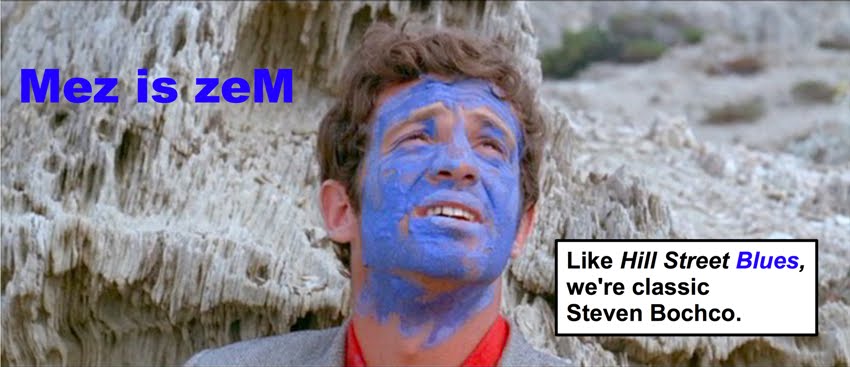(Article I did about the economy for the Dakota Student.)
People are looking at the recent sub-prime mortgage crisis in a very serious light. Some people are on the verge of losing homes, spending their savings and jeopardizing their futures, but why?
Lets look at the American economy. We are a capitalist economy and proud we're of it. But should we be? The definition for capitalism is: an economic system characterized by private or corporate ownership of capital goods, by investments that are determined by private decision, and by prices, production, and the distribution of goods that are determined mainly by competition in a free market.
Capitalism works, but only in an honest system. Capitalism is the embodiment of the liberal ideal (conservatives don't be afraid of the word liberal). It allows Americans to come from nothing and literally make themselves into something. But problems arise. The problem of the sub-prime mortgage crisis came out of unregulated adjustable rate mortgages that didn't give people a safety valve when it bit them in the caboose. Usually that safety valve comes from regulation, but regulation in a capitalist society means less money. The term "less money" is poison to corporation's ears, because it regulates how much money they can take from the citizens.
Conservatives claim that we shouldn't have regulations and that we should have a free market. Health care is a big issue in that it involves how the market should be influenced. Straight from the presumptive nominee's Web site: Promote competition throughout the health care system - between providers and among alternative treatments. This is the sentiment in the Republican camp. Just let the market decide.
Yes they said "The Market". The market that showed Bear Stearns at $2 a share, which not three months ago (as of January of 2007) was at $172 a share. You think that is a market you can predict, let alone trust?
Now you may think "Mr. Writer/liberal yahoo, if you're so smart why don't tell us how to fix it." Now if I was pretentious I would tell you an convoluted answer that doesn't make sense. Truth is I don't know the answer and for someone like me, that is OK to say. But people who know more about this thing than I do, like economists (definition: professional numbers people) are predicting a possible "Great Depression".
These are people who have spent their lives looking at the rises and drops of the NYSE (the thought is which is, quite frankly, absolutely appalling). For someone who has already reconciled in the fact that he will have no money when he is old (because the greatest generation decided to get freaky with their stipends in Bora Bora) I am really worried.
I'm worried because it's a scary time right now. People are saying that this is just a confidence thing. That "If people were more confident in the economy they would go out and spend money," but it's more than that. President Bush says the economy is going through a tough time, because he can't tell the American people "I have no idea what's going to happen." This is much larger than a confidence issue with the market. People don't want to spend money, because gas prices are going up, housing prices are dropping and the market is the equivalent to a bizarro world. They can't spend money in the market because they don't understand it.
This happens in a capitalist economy. The sky is the limit when it comes to expansion and profit, but the opposite is also true. I can't say that there is one thing we have to do to fix the problem, but I do know that it is a bigger issue than just the sub-prime mortgage crisis. We have to reevaluate American ideals or suffer the possible consequences of another depression.
Link to article.
Subscribe to:
Post Comments (Atom)




No comments:
Post a Comment